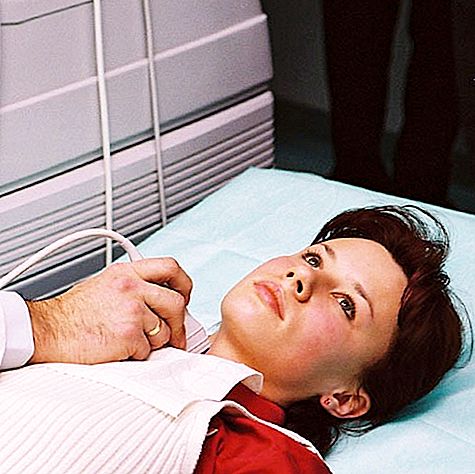Doctors joke: "If a person wants to live, medicine is powerless, if a person wants to die, medicine is also powerless." There is a great deal of truth to this joke. The fate of a sick person depends on how a sick person relates to his own disease.

Instruction manual
one
Read the literature on the disease. If your loved one has a terrible diagnosis, study the problem. Knowledge of the disease, symptoms, typical and progressive methods of treatment will allow you to properly navigate in conditions of communication with a doctor. In addition, the descriptions of the disease can often make sure that it is not as dangerous as it seems.
2
Get tested by several specialists. And the more serious the diagnosis, the more important this step. Even the most advanced medical equipment can give inaccurate data. Experienced doctors are also at times wrong. You must, at a minimum, clearly establish the diagnosis before choosing treatment. And to save efforts or money on diagnostics is not worth it. If you are not provided with finances, go through examinations in a number of district clinics, the main thing is that the number of doctors who make the diagnosis is more than one.
3
Pay attention to the patient. The more serious the diagnosis, the more fears of death can torment him. At this moment, the sick person aggravates the questions of being. And you need to help him look for answers to them. In addition, a feeling of support from relatives of many sick people gives strength in the fight against the disease.
4
Calm yourself. It happens that relatives show even more anxiety than the patient himself. And they infect him with their nervousness. If this happens in your situation, calm down yourself. You can go to a psychologist, consult a doctor without the presence of a sick relative. Look for ways to control yourself, only after that you can reassure the patient.
Useful advice
Panic and hysteria are natural reactions to unpleasant news about the disease. Forgive yourself for them, but do not dive into these states too deeply. Look for ways to rise and move on.
